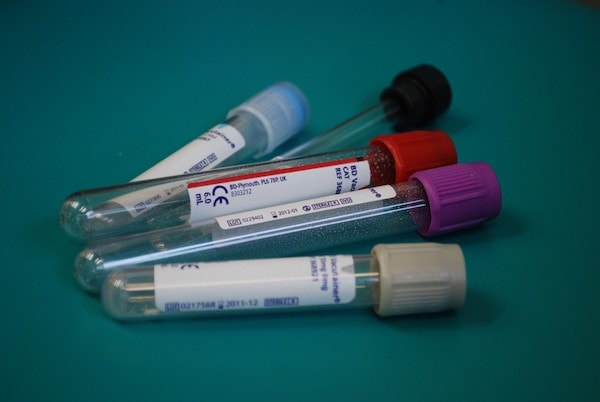What Can Blood Tests Detect?

If you’ve seen your doctor recently, they’ve likely recommended that you get a blood test. That’s because blood testing is something most physicians request you do at least once a year.
What can blood tests detect? Quite a lot, which is why most doctors find them so valuable. If you want to optimize your health and reduce the risk of diseases, regular blood testing can be one of the best things you can do.
If you’re curious about what you can learn from a blood test, read on. We’ll walk you through everything you need to know.
What Can Blood Tests Detect?
A blood test or screening can reveal a great deal of information about the individual from whom the blood is from. At first glance, doctors will be able to see both the red and white blood cell count, level of electrolytes, and c-reactive proteins.
This information is the starting block for a number of diagnoses. In a broad sense, a sample of blood can let medical practitioners see if all of a person’s organs are working properly.
They will keep an eye out for problems. A low red blood cell count could be evidence of anemia. Electrolyte levels can speak to the health of an individual’s kidney and how it is functioning. Cardiac enzymes in the blood can help doctors determine if a person is at risk of a heart attack or not.
These blood tests can serve as the initial testing for various other issues. It can send doctors down the right path to explore potential issues and even solve medical issues before they fully arise.
Depression and Anxiety
Blood tests can also help to discover evidence of disorders that are much harder to see or define. If a person has a lack of B12 and folate in their bloodstream, they are at a much higher risk of developing depression or anxiety.
Identifying this issue via a blood test can make it easier to identify the problem and determine solutions.
Dehydration of the Body
We need to drink a lot of water a day to stay healthy. When you take a blood test, it’s another good opportunity to see how hydrated or dehydrated the body truly is.
If you’ve felt fatigued or out of it, a blood test can reveal just how dehydrated your body really is. This isn’t the only reason to take a blood test, of course, but it can provide helpful additional advice when you do get your blood taken.
Your Risk of Illnesses
There is evidence in the blood of a variety of illnesses. Small groups of proteins in the blood can help us to look at our genetic inheritance.
Identifying these protein groups can determine how much one is at risk for a wide range of things, from Alzheimer’s to alcoholism.
Learning From Our Blood
What can blood tests detect? Quite a lot, as it turns out. Getting a regular blood test is one of the best ways to keep in communication with our bodies and check up on our personal health.
Ready to order a test today? Contact us for immediate assistance.








